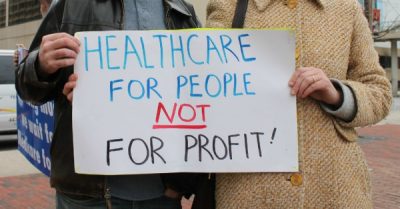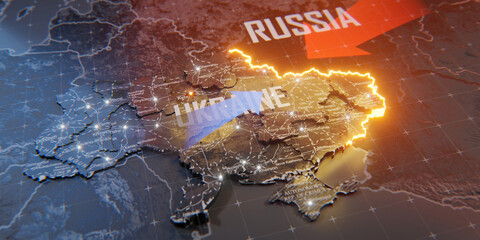6 Ways to Make Organic, GMO-free Food More Affordable
The number one reason I hear people say they don’t buy organic is because it’s “soooooo expensive.”
How expensive?
Well, that depends on the item. Some organic food can actually be less expensive than non-organic (for reasons I’ll explain). But, yes, on average a $100 grocery bill is going to become $150.
Is it worth it?
If you don’t care whether or not you eat toxic chemicals and genetically modified organisms, then no. If you don’t mind spending the last twenty years of your life counting pills, scheduling doctor appointments or living in a nursing home, then don’t buy organic. If you’d rather save money than save yourself from cancer, heart failure and dementia, then forget about it. If you’ve no desire to reduce downtime thanks to cold, flues and other so-called “infectious” diseases, then keep on buying food that has been grown in genetically modified poison.
Otherwise, better health is what you are paying for — as buying organic diverts money away from toxic chemical companies and directs it toward employing more farm hands (for weeding) and buying better seeds (for pest-resistant plants).
Now, unless you’re living in third-world conditions, paying extra for “expensive” organic food is probably within your reach (especially if you have one of those expensive smartphones within your reach). And, who knows, the extra health, energy and brain function it brings you might, just might, lead to a higher income.
That said, here are six tips I’ve garnered from seventeen years of eating exclusively organic that’ll help make it more affordable:
1. Buy local. I’ve often seen where organic produce bought from local farms was LESS expensive than the pesticide-drenched counterparts that had to be shipped 1,000 km in the back of a truck.
2. Eat seasonal. This ties into eating locally. If it’s the middle of winter, I’m not tossing a lettuce and cucumber salad; rather, I’m simmering root vegetables into a warming stew. I also believe it’s healthier to be eating foods when and where nature provides them.
3. Buy bulk. I buy brown rice in 25lb bags each month. I just had 50lb of flax seed delivered. I buy peppercorns $23 at a time every year or so. This not only saves money but time (which is money, they say) — as I’m not filling up little bags every week.
4. Limit or eliminate meat, eggs and dairy. The most expensive organic items are often animal products. If you eat more chickpeas instead of chicken you’ll not only save money but may live longer (as the #1 dietary intervention noted by in the Blue Zone longevity studies was the consumption of legumes).
5. Cook and bake from scratch. Not only is buying pre-made, pre-cooked food (e.g. frozen, canned or artificially preserved) more expensive, it’s also less nutritious. Half the reason organic might be healthier is because it gets people making homemade meals without all the additives and processing.
6. Grow your own. I know people who have an entire backyard overrun with kale, berries, potatoes, squashes, herbs, pear trees, tomatoes, zucchini, and arugula. Not only do they get the freshest organic food possible (from backyard to tabletop in under an hour) but they benefit from all that outdoor activity.
The above suggestions may appear limiting. That’s because they are. But for most of human history, we lived off local, organic, GMO-free food — often eating the same staples on a routine basis. Variety, out-of-season foods and imported foods were rare and saved for special occasions. We worked hard and ate when we were hungry. We felt satisfied with simpler meals made from wholesome ingredients. Every meal didn’t have to be a Netflix original.
John C. A. Manley is the author of the full-length novel, Much Ado About Corona: A Dystopian Love Story. He is currently working on the sequel, Brave New Normal. John lives in Stratford, Ontario, with his son Jonah, and the ever-present spirit of his late wife, Nicole. You read his full bio, find out more about his novel or subscribe to his Blazing Pine Cone email newsletter.
Image: Pixabay
Become a Patron!
Or support us at SubscribeStar
Donate cryptocurrency HERE
Subscribe to Activist Post for truth, peace, and freedom news. Follow us on SoMee, Telegram, HIVE, Minds, MeWe, Twitter – X, Gab, and What Really Happened.
Provide, Protect and Profit from what’s coming! Get a free issue of Counter Markets today.




